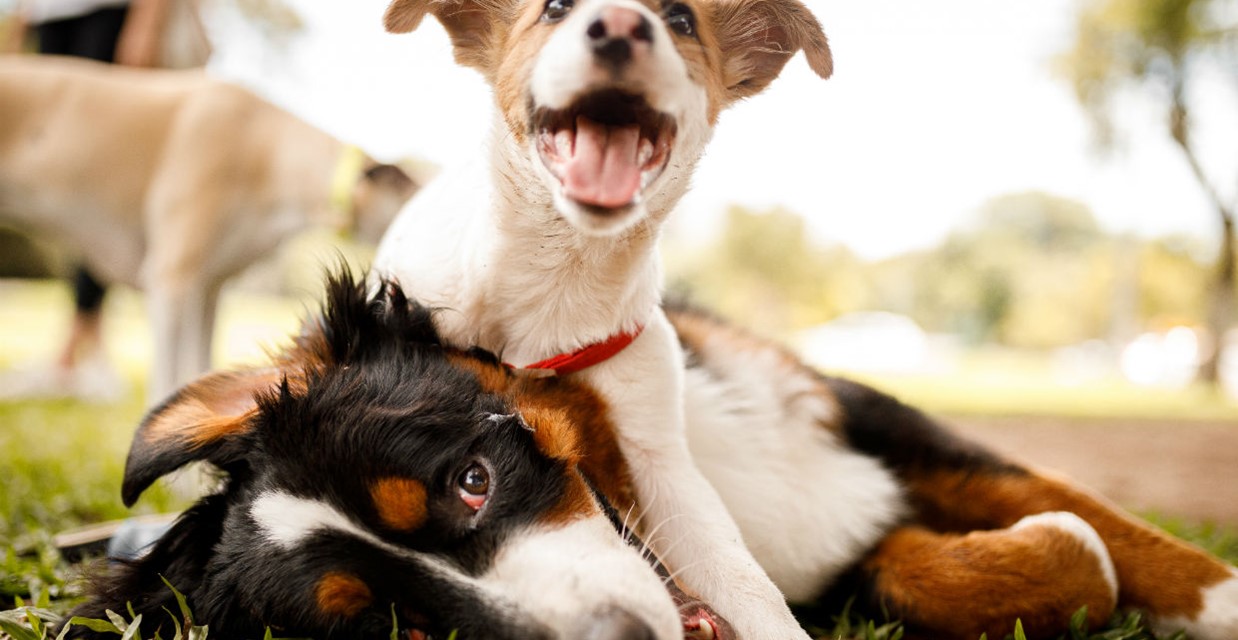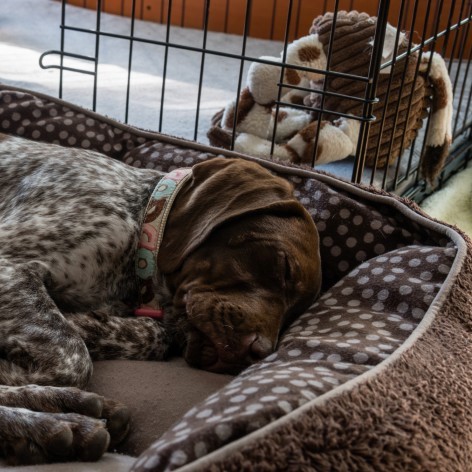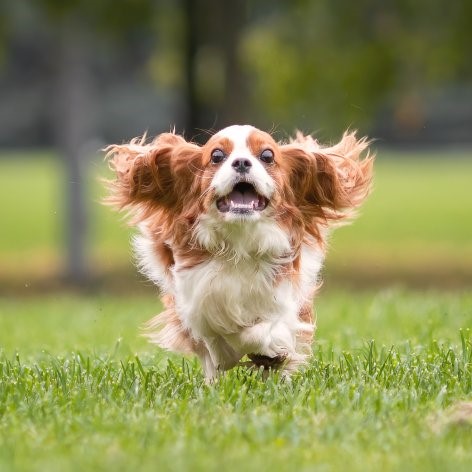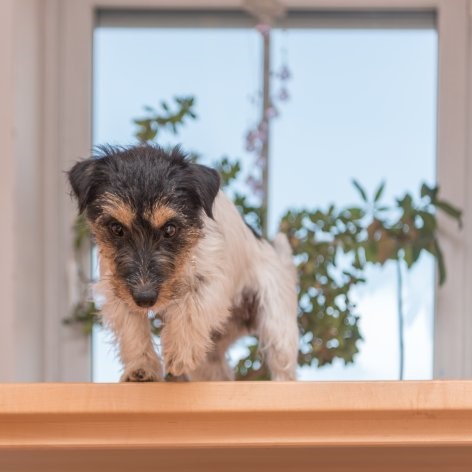Socialising Your New Puppy
Firstly, congratulations! You’re about to experience one of life’s greatest joys: welcoming a brand new puppy into your family. Part of raising little bundles of fur is teaching them about the world, their surroundings and who inhabits it. We call this process socialising. But how can you help them adjust to the world when we’re socially limited?
What is socialising exactly?
Your pups peak socialisation period occurs when they’re (arguably) at their absolute cutest, between 3 – 12 weeks of age (up to 14 weeks in some puppies). During this time, your new four-legged friend will develop critical social skills such as bite inhibition and resilience to some of life’s stressors through positive exposure to experiences.
However, the word ‘socialisation’ doesn’t just refer to socialising your puppy to other dogs to make sure they have lots of friends at the local park. It also refers to how your pup relates to people and everyday experiences. Here’s how to help them get used to them by creating positive associations.
Handling
This first one you probably already have down pat (get it?), because the first step to getting your pup used to interacting with others is to get them used to your touch. Practice gentle handling of your puppy from head to toe including lifting the lips to see the teeth, stroking the ears, holding each paw and lifting the tail. This will help get your puppy used to being groomed and being examined by your vet, which can make those visits whole lot more comfortable.
Noises
We grow used to the sounds of the city and modern life, but big noises can make even the bravest little paws shake with fear. Every sound around the house or outdoors, such as the vacuum, washing machine and electric mixers, thunder, buses or garbage trucks, are new sounds for puppies, so it’s very important you introduce them to it in a positive and safe manner.
Interactions
Introducing your pup to the wonders of the outside world on a leash is a great way to socialise and stimulate them physically and mentally. It’s good to let them know that the world goes beyond the family home, but it’s best to avoid close interaction with unfamiliar dogs at this stage.
During times of stricter social limitations, some veterinary practices offer contactless puppy play sessions in small groups where owners drop off their puppies to the premises for supervised play by an animal behaviourist.
Surfaces
Remember that your little pup doesn’t have shoes or socks like you and I. Their paws, and their sense of touch, are vital in how they interact with the world around them. You can help socialise your pup to the world by letting them walk on different surfaces including grass, beaches, concrete, wooden floors, up and down stairs and across bridges so they can grow their confidence in exploring. The best part? Their pricelessly adorable reactions when walking on a new surface for the very first time.
Tip: Reward your puppy for a relaxed response with a delicious treat to help create positive associations with each new social situation and interaction.
Socialising your puppy is an important part of them growing up and your relationship moving forward. So regardless of the current state of the world, there’s many things you can still do to help acclimate them the best you can – bit by bit.







